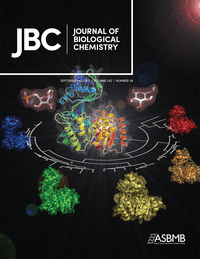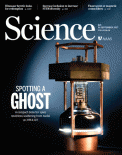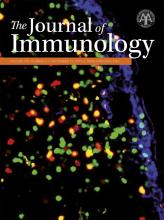 A social psychology journal has added an expression of concern to a paper by prominent social psychologist Jens Förster, whose work has been subject to much scrutiny.
A social psychology journal has added an expression of concern to a paper by prominent social psychologist Jens Förster, whose work has been subject to much scrutiny.
This is the latest in a long-running saga involving Förster. The 2012 paper in the Journal of Experimental Social Psychology had been flagged by a 2015 report describing an investigation into Förster’s work, which had concluded the paper likely contained unreliable data. Several other papers that received similar designations in that report have either been retracted or received expressions of concern (EoC).
The (paywalled) notice provides a lengthy explanation for why the journal chose to add an EoC, rather than retract the paper, as the University of Amsterdam had recommended. Here is an excerpt:
Continue reading Journal adds concern notice to paper by psychologist Jens Förster

 The
The 
 The
The  Science has issued an expression of concern for a widely covered materials science paper published on Friday, citing issues with the supplementary data.
Science has issued an expression of concern for a widely covered materials science paper published on Friday, citing issues with the supplementary data.
 Two journals have retracted papers by a biologist who was
Two journals have retracted papers by a biologist who was  Got $300? Then you can be added as an author to a paper — even if you had no role in the research.
Got $300? Then you can be added as an author to a paper — even if you had no role in the research.